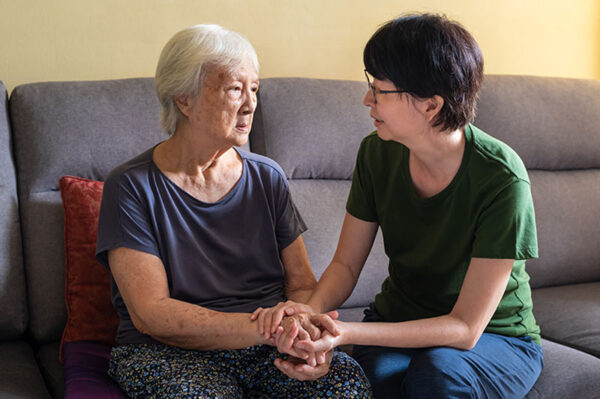Newest Alzheimer’s Research Now Says Disease May be an Autoimmune Disorder
Discovering a cure for Alzheimer’s disease has become as tangled as the tau threads that have long been considered to be the root cause of the disease. Yet now, research workers may be drawing one step nearer to untangling the mystery of Alzheimer’s disease by using another train of thought. The latest studies are leaning…




